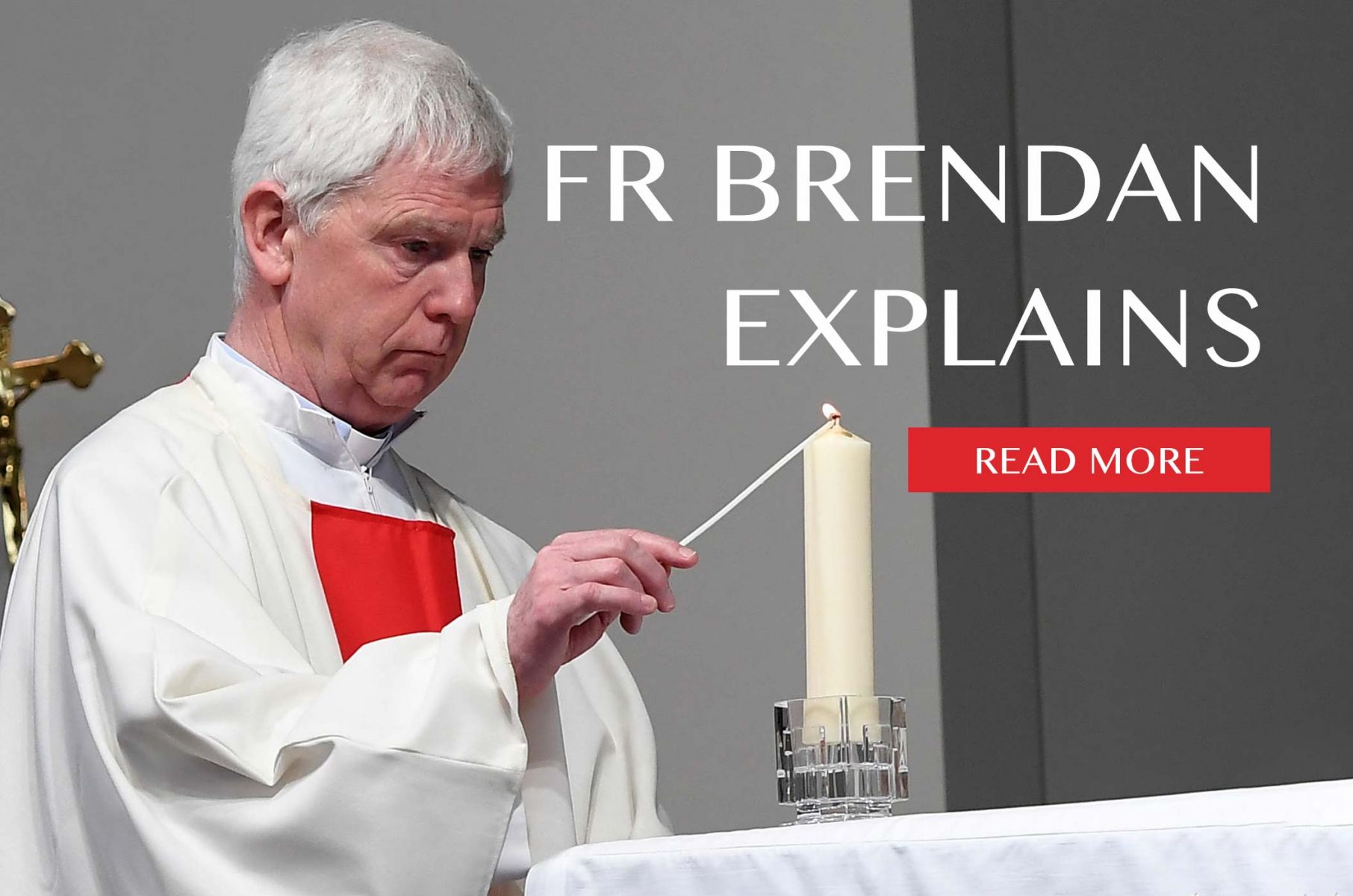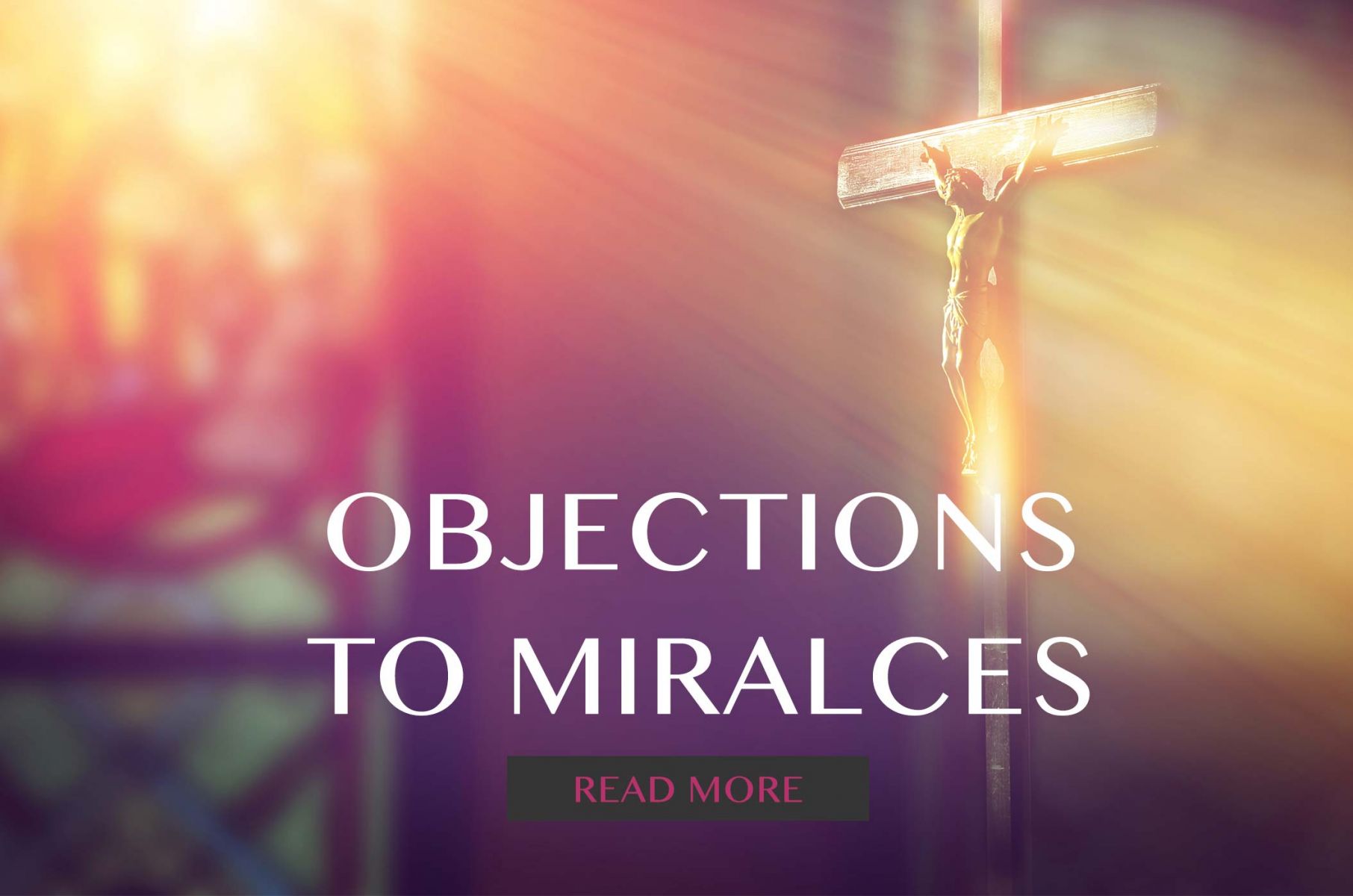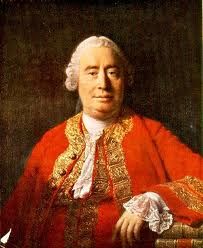
The existence of miracles is denied by many and is sometimes regarded as an embarrassment.
For many people, alleged miracles are simply random occurrences without significance.
Lack of belief in miracles for various reasons such as extreme skepticism, may present a challenge to belief in Scripture, suggesting that Scripture is only a fable. Thus, this potentially undermines the reliability of Scripture and undermines the claims of Jesus to be the Messiah, the Son of God. Scriptural miracles are based on eyewitness accounts.There are examples of interlocked miracles e.g Saul was blinded and the later healing of Saul by Ananias involved coordinated miracles(Acts 9:3-18).Jesus’ resurrection of Jarius’ daughter (Lk 8:40-56) involved delay due to the miraculous healing of the woman with an issue of blood. Scripture devoid of miracles does not make sense.
Belief in the possibility of the existence of miracles is controversial, and definitions of miracles vary.
Extreme scepticism post-enlightenment has meant that miracles are rarely used as evidence that God exists and that Christianity is true. It is sometimes claimed that there is a risk of circular reasoning in invoking God’s existence as the supernatural origin of miracles and then trying to show that God exists on the basis of a miracle. However miracles are often the most convincing explanation for an extraordinary event such as the resurrection. Miracles frequently tend to be dismissed as mythical or as fables with scant evidence and not compatible with modern science.However, there is considerable historical, medical and scientific evidence that modern miracles have occurred in Lourdes and in the case of canonisation miracles which are well evidenced and comprehensively investigated by panels of doctors and other experts.There is also considerable eyewitness and other historical evidence for scriptural miracles such as the resurrection. Miracles are part of Catholic magisterial teaching, see Vatican I and CCC 547-550.
Other Objections to the possibility of miracles
Other philosophers were also sceptical about the possibility of miracles and such views are still prevalent.
Benedict Spinoza (1633-1637) was a rationalist and was very sceptical about miracles. However, Spinoza is a pantheist, whereby God is synonymous with nature, so miracles are not logically possible.Christians believe God is transcendent yet immanent, beyond nature. As a free loving rational agent, God may intervene or assist, usually as a result of prayer, to help his beloved human creatures achieve everlasting happiness in the next world so He sent His Son, Jesus, the promised Messiah, true God and true Man to show us the truth.
More About Miracles
 |
 |
 |
 |
 |
 |


